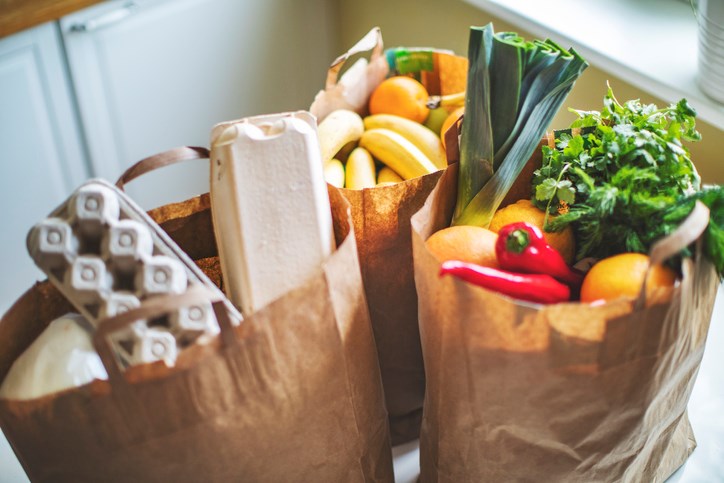Many Canadians were shocked to learn during the pandemic that they couldn’t always get the food items they wanted at their grocery store. That was followed by the worst food price inflation in generations.
A new report by the Canadian Agricultural Policy Institute shatters any illusion that those are isolated events. Rather, it highlights a rising tide of vulnerabilities for the agri-food sector that can’t be viewed in isolation.
“Canadian Agri-Food Resilience: A Toolbox for Managing Crises” lays out a compelling case to rethink the underlying drivers behind how the industry responds to emerging threats.
“Supply chain resilience is the ability of supply chains to retain their essential functions in the face of the destabilizing crisis,” CAPI’s director of research, Al Mussell, said in a video explaining the report.
“It presents a contrast to lean, just-in-time, but potentially frail supply chains.”
For much of the past 50 years, the push in agriculture and food has been toward squeezing redundancies and costs out of production, transportation, processing and distribution. The sector has been obsessed with becoming more consolidated, streamlined and specialized.
Pre-pandemic disruptions were easily discounted as abnormalities that didn’t overshadow the highly efficient models that have emerged.
Although there was awareness of emerging challenges, such as a shrinking labour force, lagging transportation capacity or a lack of livestock disease preparedness, there’s been an inability to act.
Safeguards such as farm support programs are built to address a singular crisis such as a drought or flooding.
“We have entered an era of converging crises with combinations of three or more crises becoming common,” the report says.
“The convergence of multiple crises — sometimes compounding, sometimes interrelated and sometimes both — can result in synergistic impacts in which the total disruptive power is greater than the sum of the parts,” the report says.
Labour shortages, disease outbreaks, more market concentration, regulation and food and trade policy being used as a geopolitical weapon are just some of the threats the report identifies. Who has time to think about the cascading implications of climate change?
The CAPI researchers are promoting development of a “crisis management toolbox” after consultations with stakeholders, risk and vulnerability mapping and efforts to quantify the impacts are undertaken.
One of the key takeaways is that Canada’s agri-food sector needs a long-term vision, one that looks beyond setting production and export sales targets. This is no easy task when there continues to be a wide range of views on how to confront some of the key threats the sector needs to address.
“A long-term vision must recognize supply chain vulnerabilities including climate-trade disasters, new-emerging diseases and pathogens, international trade conflicts, sharp inflation in input costs and cybersecurity,” the report says.
Does the answer lie in retrenching into the smaller, more diverse models of the past, thereby spreading the risk around? Or does it lie in consolidation to better control the response? Or is it something in between?
CAPI’s latest report should set the stage for pivotal change in how Canada’s agricultural and food sector sets its future course.
We say “should” rather than “will” because whether remains to be seen.
Government policy, industry practices and individual behaviours don’t change quickly. That goes for any sector, let alone one that is so fragmented along commodity and regional lines — yet so vital to Canada’s national security.
Karen Briere, Bruce Dyck, Barb Glen, Michael Robin, Robin Booker and Laura Rance collaborate in the writing of Western Producer editorials.
SASKTODAY.ca is Saskatchewan's home page. Bookmark us at this link.




